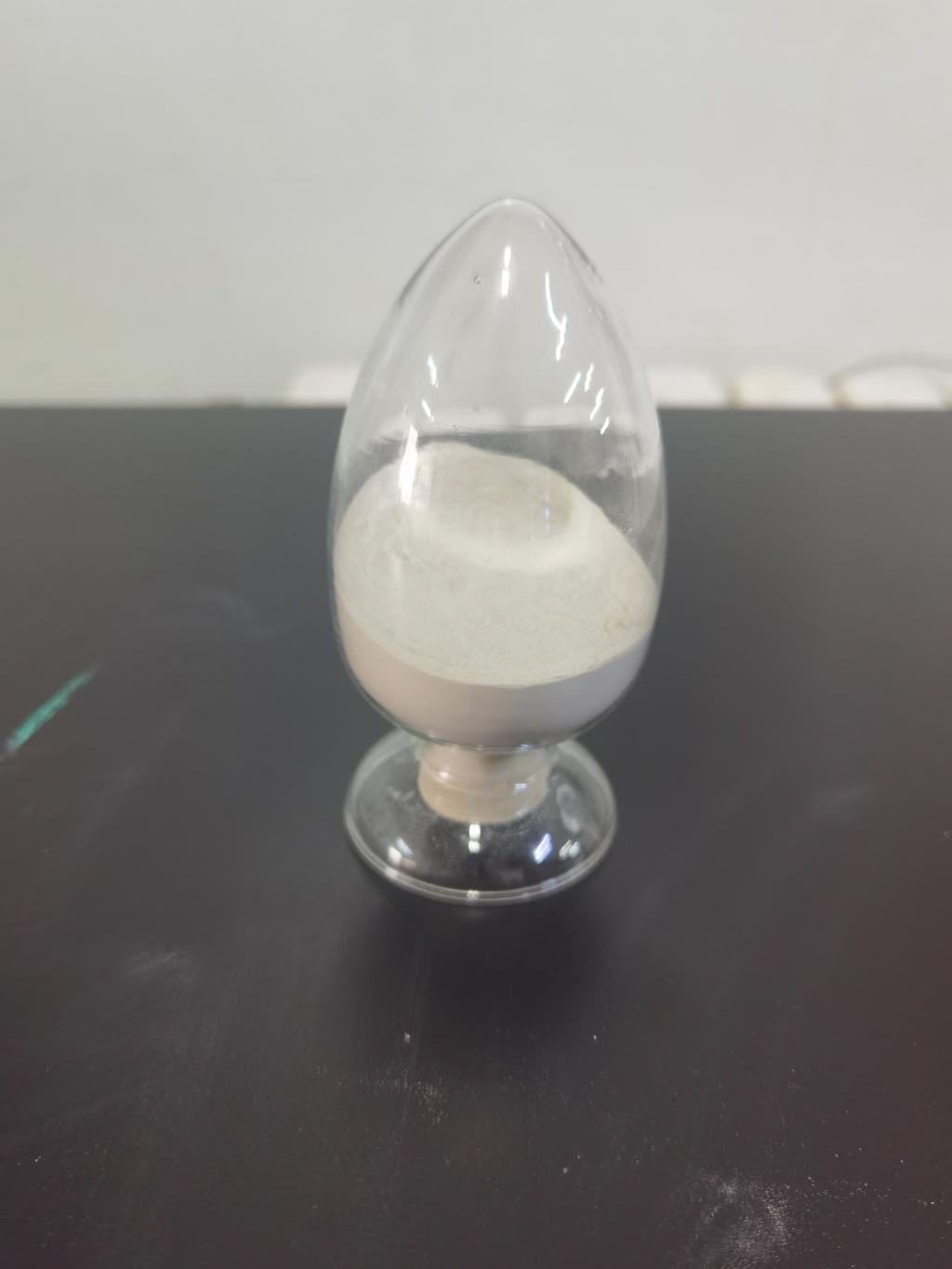Tel:0086 18231198596

News
Current Position:
Home >
News
>Nisin Contribution to Food Security in Disaster Response and Humanitarian Aid
Nisin Contribution to Food Security in Disaster Response and Humanitarian Aid
TIME:2024-03-12
Introduction:
Disasters, whether natural or man-made, often lead to disruptions in food supply chains, resulting in immediate and prolonged threats to food security. Humanitarian aid organizations face the challenge of providing safe, nutritious, and sustainable food options in emergency situations. Nisin, known for its antimicrobial properties, emerges as a potential solution to address these challenges, offering a versatile approach to food preservation and safety.
The Nexus of Disasters and Food Insecurity:
Disasters, ranging from earthquakes and floods to conflicts and pandemics, can rapidly escalate food insecurity. These events disrupt agriculture, transportation, and storage infrastructure, making it difficult for affected communities to access food. Ensuring a stable and safe food supply becomes a top priority in disaster response and humanitarian aid efforts.
Nisin's Antimicrobial Properties:
Nisin, derived from lactic acid bacteria, is a natural antimicrobial peptide with proven efficacy against a broad spectrum of bacteria, including foodborne pathogens. Its antimicrobial properties make it a valuable tool in preserving food, preventing spoilage, and enhancing the safety of stored food items. In the context of disaster response and humanitarian aid, the ability to extend the shelf life of available food supplies is crucial for meeting the nutritional needs of affected populations.
Food Preservation in Challenging Environments:
In disaster-stricken areas, the lack of proper storage facilities and refrigeration poses a significant challenge to food preservation. Nisin's potential to inhibit the growth of spoilage microorganisms allows for the extension of the shelf life of various food items, ranging from perishable fruits and vegetables to protein sources like meat and dairy products. This preservation strategy not only helps prevent food waste but also ensures a more sustainable and reliable food supply for affected communities.
Addressing Food Safety Concerns:
During disasters, compromised sanitation and water supplies can lead to an increased risk of foodborne illnesses. Nisin's role in inhibiting the growth of pathogenic bacteria offers an additional layer of protection against foodborne pathogens. Incorporating nisin into food items distributed during disaster response can contribute to safer food consumption, reducing the burden of foodborne diseases on already vulnerable populations.
Sustainable Solutions for Nutritional Support:
In addition to its preservative and safety-enhancing properties, nisin can play a role in promoting sustainable solutions for nutritional support in disaster-stricken areas. By extending the shelf life of locally available food resources, communities can rely on more diverse and nutrient-rich diets. This approach aligns with the principles of sustainable development, ensuring that aid efforts contribute to the long-term well-being of affected populations.
Challenges in Implementation:
While the potential benefits of nisin in disaster response and humanitarian aid are significant, several challenges must be addressed. These include logistical issues related to the distribution and incorporation of nisin into different food items, regulatory considerations, and the need for awareness and acceptance among both aid organizations and the affected communities. Overcoming these challenges requires collaborative efforts between researchers, policymakers, and humanitarian organizations.
Case Studies:
Nisin-Enhanced Food Aid in Refugee Camps:
Refugee camps often face challenges in maintaining food safety and preventing foodborne illnesses. Implementing nisin-enhanced food aid in these settings has shown promise in improving food security by providing longer-lasting, safer food options for displaced populations.
Nisin in Emergency Food Kits:
Incorporating nisin into emergency food kits distributed during disaster response efforts can enhance the resilience of the food supply, ensuring that affected communities have access to safe and nutritious options during the critical initial stages of recovery.
Conclusion:
Nisin's contribution to food security in disaster response and humanitarian aid represents a valuable and innovative approach to address the complex challenges faced by affected populations. By focusing on food preservation, safety, and sustainable nutritional support, nisin offers a versatile tool that aligns with the goals of providing effective and sustainable aid in times of crisis. As we navigate an increasingly uncertain world, integrating solutions like nisin into humanitarian efforts can play a pivotal role in ensuring the resilience and well-being of communities facing the immediate aftermath of disasters.

 CONTACT
CONTACT




